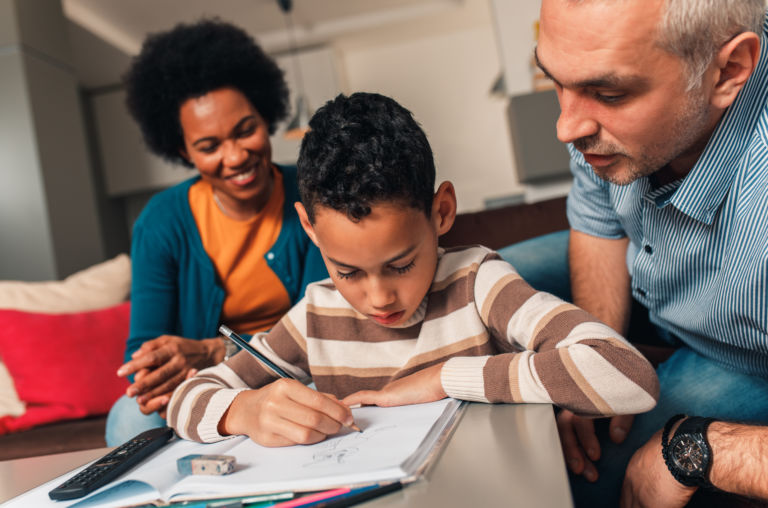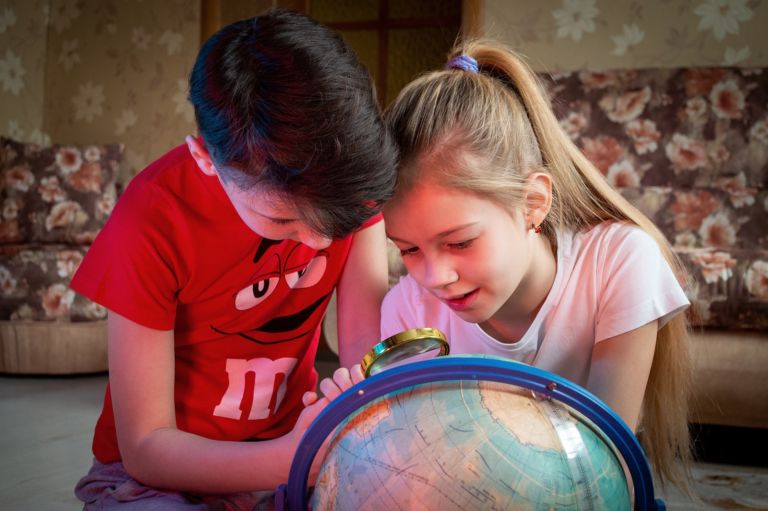Joy Pullmann of the Federalist details multiple positive impacts of homeschooling children that extend beyond formal instruction.
Despite the steady increase in homeschooling since its revival in the 1980s, families who choose this way of raising their children often face fearful responses from family and friends. Chief among the concerns is what people often call “socialization.”
Sometimes, they mean, “Will your kids have any friends?” Other times, they mean, “Will your kids understand social cues and how to get along with normies?”
Yes, you can find homeschooling kids who dress oddly and don’t know how to carry on a basic conversation. But you can find people like that anywhere. As anyone who attended a public school can confirm, people who can’t make eye contact and are otherwise antisocial persist in that environment, too.
From high interaction with homeschooled families and graduates in multiple environments, professional and personal, I’ve definitely noticed differences. On balance, these differences tend to favor homeschoolers. …
… It’s common for the “good” kids in public school to work hard to learn what the teacher wants and give it to her. They have a tendency to become compliers. “Just tell me what you want, and I’ll do it.”
Now, homeschooled kids often also want to please Mom and Dad, but the ability to negotiate with a parent in ways one can’t with a teacher often encourages mental independence. They have freedom to read widely and extra free time in which to develop and personalize their sense of self. …
… Since they are so strongly family-oriented, homeschoolers break out of our society’s artificial, factory-school model of corralling people with those who happen to be born in the same calendar year. Homeschooled kids are far more comfortable making friends with anyone, not just those their exact same age.

